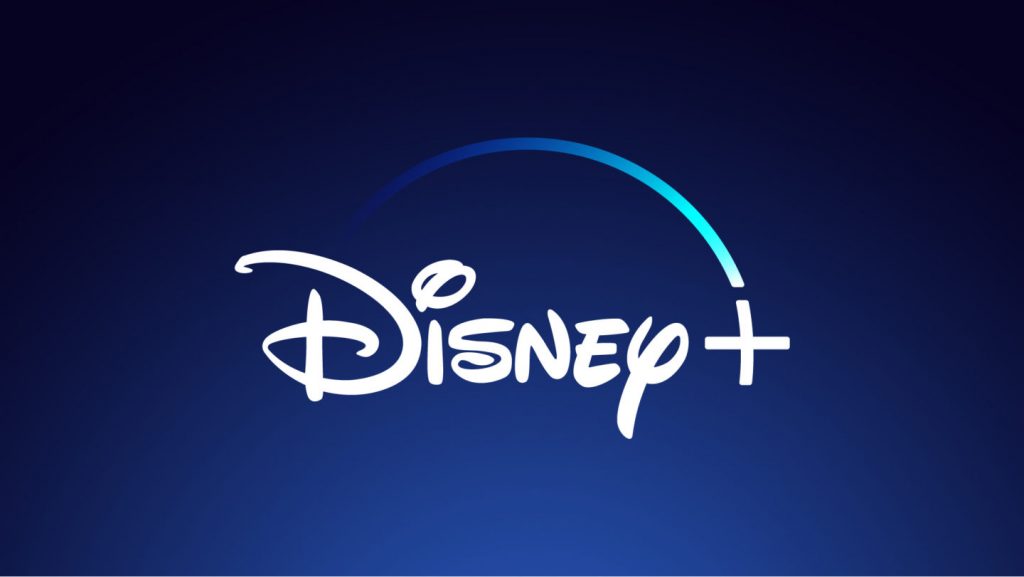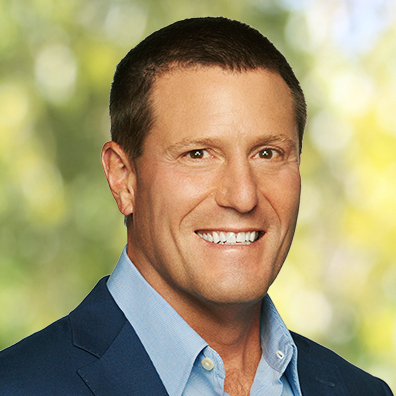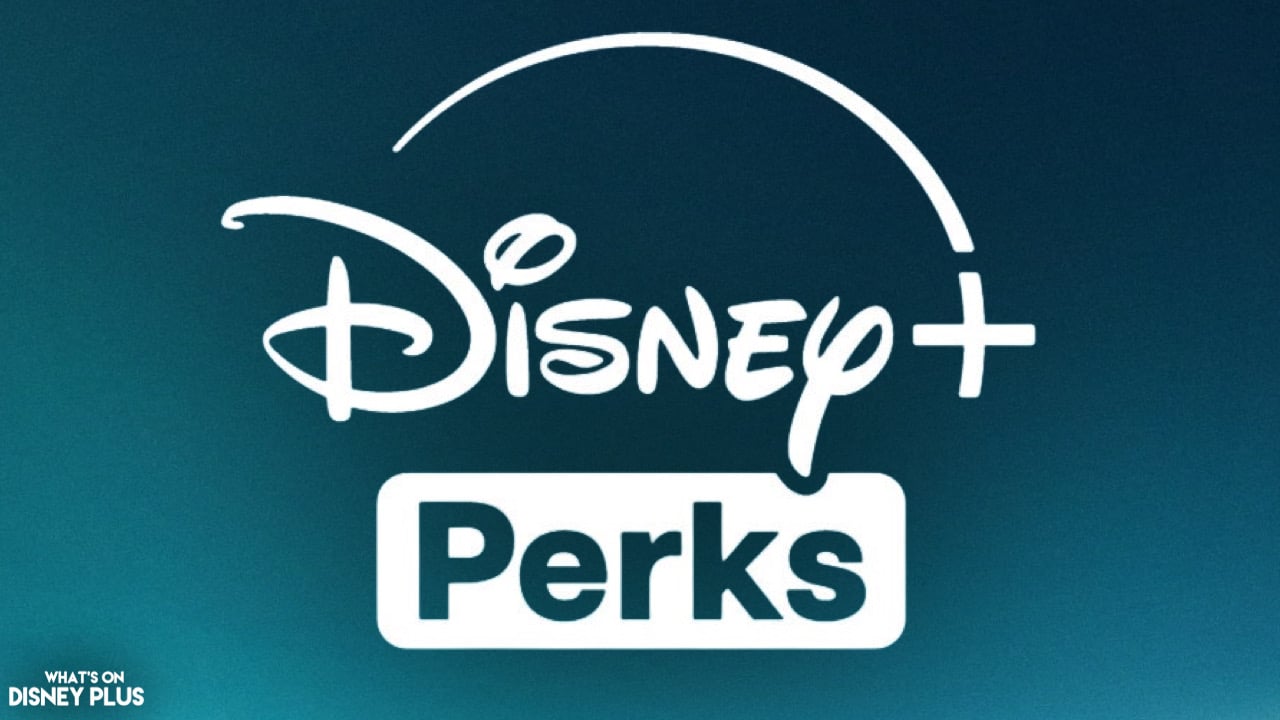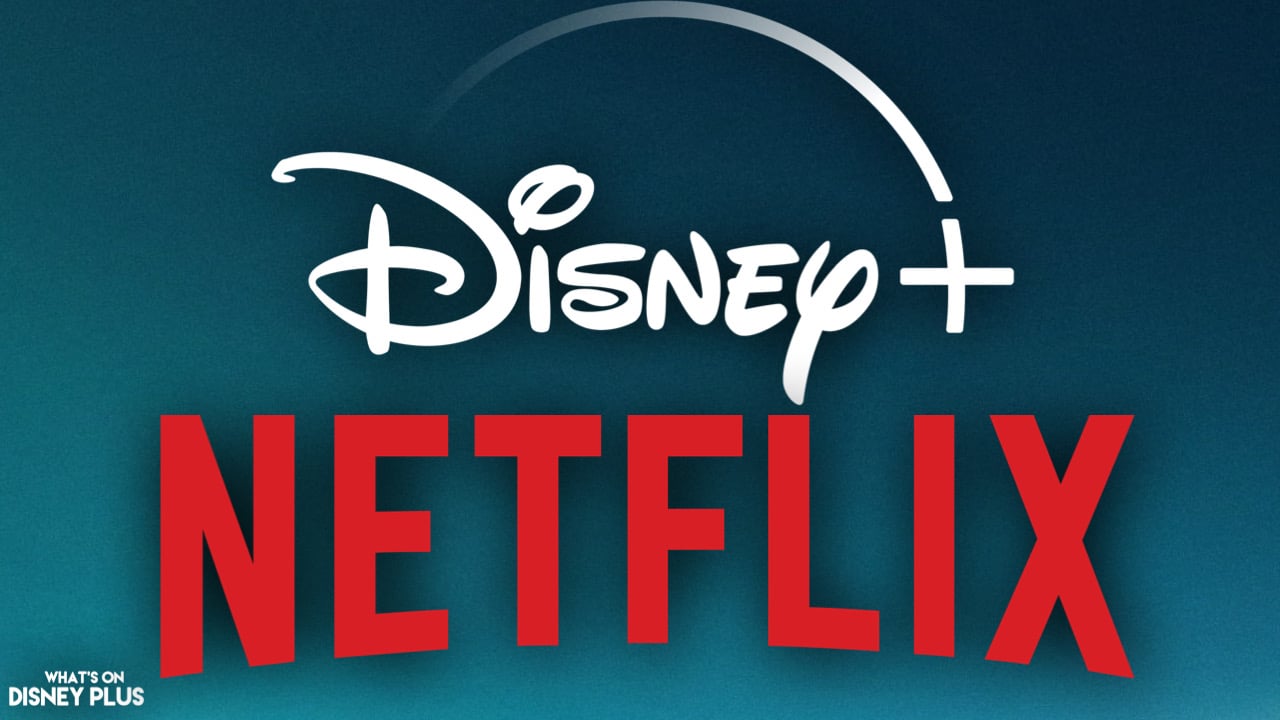
Kevin Mayer Discusses Disney+ At APOS
This week, Bali is hosting a special event called, APOS, which brings together many of the biggest names in media, including Disney, Netflix, Sony, HBO and others. During the event, Disney’s Kevin Mayer, who is the Chairman of the Direct-to-Consumer & International, which runs Disney+ and Hulu, took to the stage for an interview session with APOS’s Vivek Couto.
Here is the official description for this talk:
DISNEY: TRANSFORMATION & GLOBAL GROWTH
The world’s leading media company has embarked on a defining journey as it transitions to a D2C future, while endeavoring to protect and grow its greatest brands. How will Disney capitalize on growth potential and scalability, especially in Asia where it inherits a large business in India as well as opportunities to transform and disrupt in Australia, China, Japan and Southeast Asia?
During the presentation, Kevin Mayer spoke about many aspects of Disney+, including its global reach, its content and its competition.
On the topic of Disney+ launching in Asia, Kevin said:
“We’re focused on Asia as one of the growth drivers—it’s super important to us,”
He also added:
“local content is the winner in these markets. We have great global content, but if we’re going to be a big player in areas [in Asia] outside of India, local content is crucial to growing not only our direct-to-consumer business but also our traditional business. We view India as a guidepost.”
And gaining international growth is important for Disney, especially with how many international customers make up the subscribers to platforms like Netflix and Amazon. And Kevin Mayer confirmed the plan to roll out Disney+ in other regions.
“We’re going to deploy Disney+ in one form or another in each market that matters.”
Taking Disney+ international will take time, which is why Disney revealed a two year launch window for a global rollout and with the company recently shifting around its divisions, Kevin Mayer explained:
“We set up the new Disney is a very specific way. Theme parks and consumer products in one division, the creative elements—the movie studios, television studio, ESPN—to create a content engine, and then we have direct to consumer and international, where we monetize the content. We wanted our investors to understand the economics of it. Direct to consumer will pay a license fee for the content we create. Investors will be able to value the traditional Disney business, which we made whole because of the [licensing] payments we’re making, and then the new direct-to-consumer business.”
He added:
“One of the reasons we put direct to consumer and international in the same organization was so we could make the decision as to where that balancing act should lie. I think you’ll see a shift over time. The direct to consumer business has to be robust, we’re going all in, but we’re trying to have a substantial and growing traditional television business for the foreseeable future as well.”
Disney is investing heavily in making Disney+ a success, with Kevin Mayer explaining:
“Going on all in on a new business model and disrupting your current business is not taken lightly. We discussed it for quite some time. We’ve been looking at the benefits of direct to consumer for several years. The only way to really get data on people’s affinities and usage patterns and viewing patterns is to have a direct relationship with them. We can use that data to personalize the experience and serve the consumer better. Also, it’s a big financial growth strategy. There was a whole part of the value chain that we were leaving to third parties.”
With both Hulu and Disney+ set to launch globally, Disney is stepping up its direct to consumer offerings. And with the huge success of HotStar in India, which Disney now own, they will be looking to expand to repeat that elsewhere.
Are you excited for Disney+?
Source – World Screen




